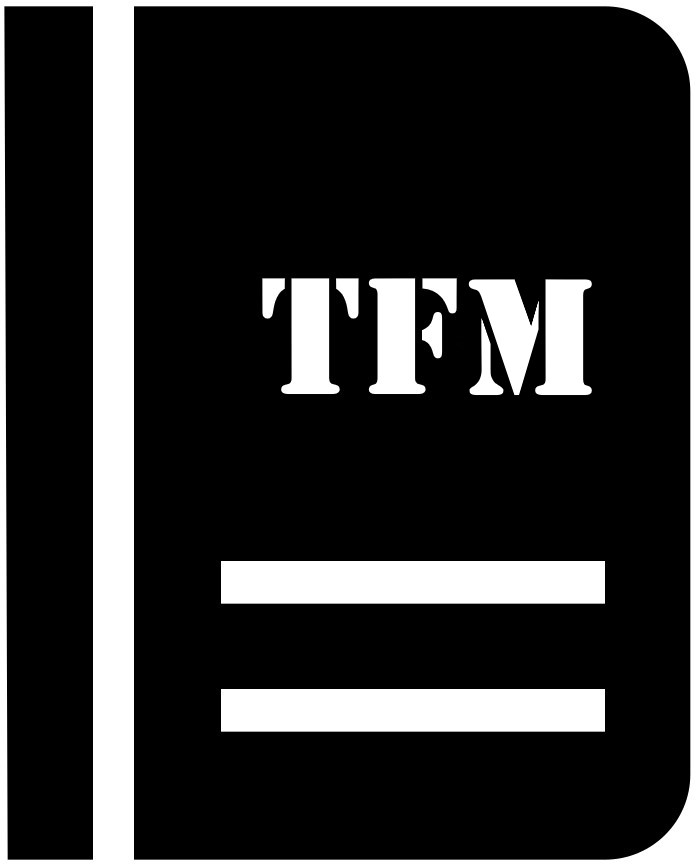|
Autor/a
Carol Morera, Xavier
|
Abstract
Industrial biotechnology, often referred to as the third wave in biotechnology or white biotechnology, is one of the most promising approaches for the bio-based production of a broad array of compounds, from bulk chemicals to pharmaceuticals. If we were to describe this discipline in three adjectives, eco-friendly, innovative, and transforming would perfectly fit. Nevertheless, industrial biotechnology is now facing one of its most challenging times. Recent studies have reported clear links between such processes and the emergence of antibioticresistant bacteria. Generally, white biotechnology employs plasmids that harbour heterologous genes to commandeer the cell metabolism of microorganisms to produce high-added value
products. To ensure plasmid maintenance, selective markers based on antibiotic resistance genes are often used. As plasmids can easily be transferred to natural pathogenic bacteria, uncontrolled discharge of such plasmids, as well as antibiotics themselves, represent a significant threat to global health, food security, and development today. In this project, we present an antibiotic-free selection system based on Isocitrate lyase (aceA) complementation in E. coli. Our approach is based on the functional complementation of an E. coli Bl21(DE3) mutant that cannot grow in acetate. Precisely, inactivation of the aceA gene resulted in the generation of the Dacea strain, which was impaired to use acetate for growth.
Acetate assimilation was then restored by the transformation of the mutant with a set of plasmids harbouring the aceA gene, which allowed episomal expression of aceA to take place.
Additionally, the performance of the antibiotic-free selection system in the production of a welldefined bioproduct, lycopene, was tested by co-transformation of the mutant with a plasmid (pLYC) harbouring the metabolic pathway for the production of lycopene. Overall, this investigation represents the first step for the development of an eco-friendlier and low-cost selective marker to be applied to the microbial production of novel bioproducts in acetate-based cultures. Future studies should concentrate on evaluating the performance of the complementation strategy in bioreactors in order to estimate its potential application in largescale fermentation.
|

|



